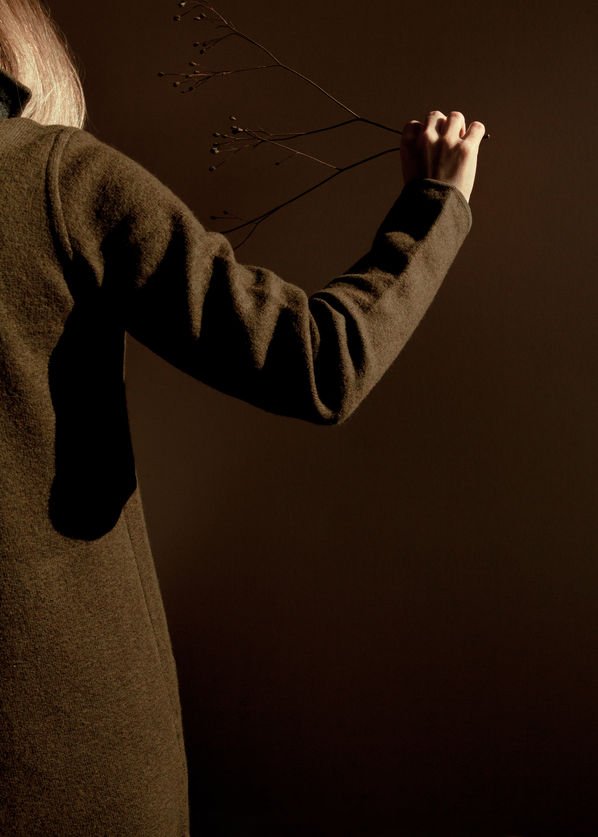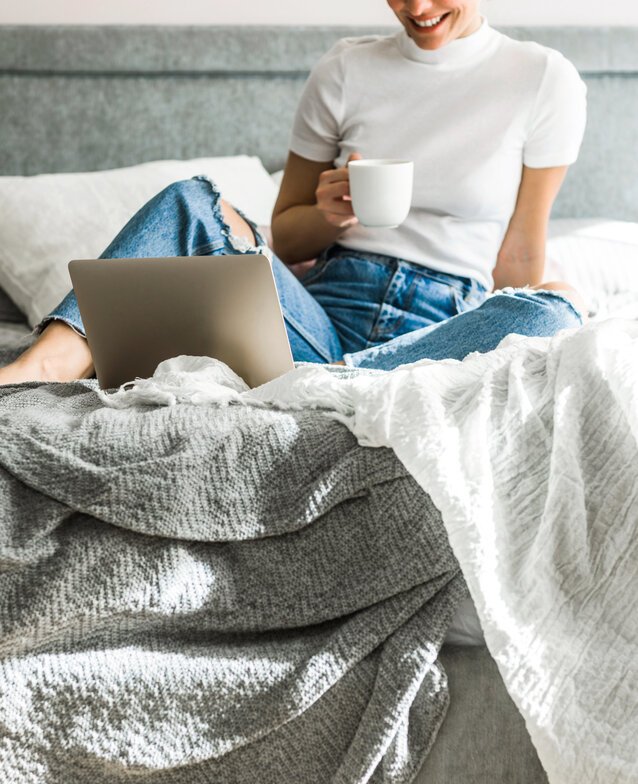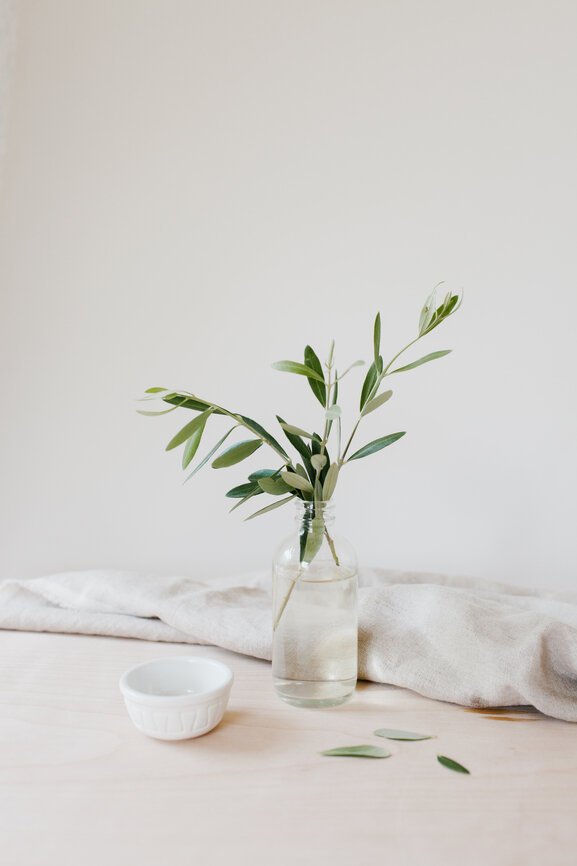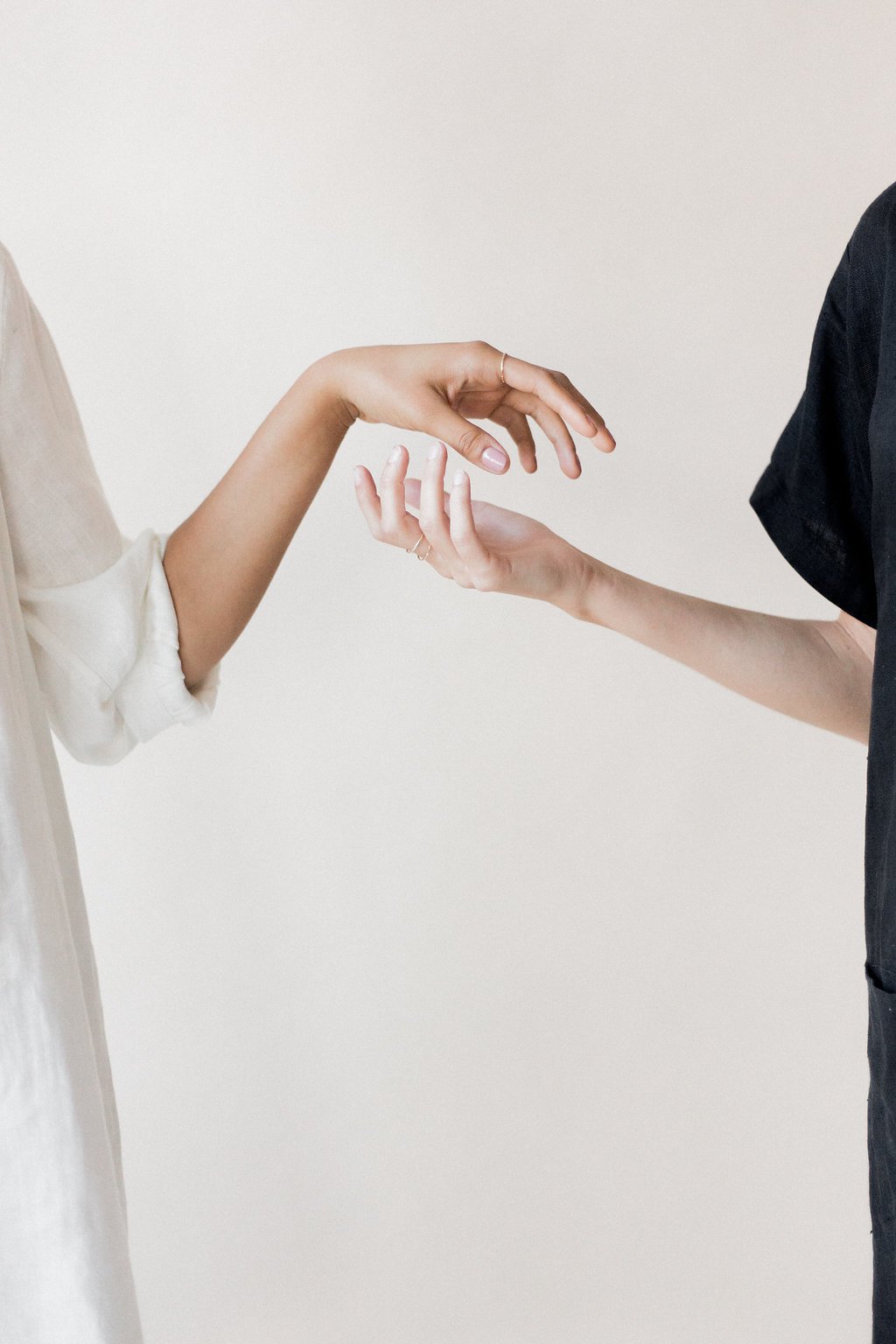
How I Learned To Speak Up For Myself
I remember very vividly, the first time I was told to speak up for myself, and how utterly terrifying it was.
I had to be about eight years old. I was at the mall food court with my Mom, when we realized that there were no forks in our bag of Panda Express. My mom casually asked me to go back to the cashier and ask for a couple of forks. I nearly broke down. She wanted me to go back? By myself? And bother the cashier who was neck deep in customers for forks? A painfully shy, eight-year-old me would have rather eaten chow mein with her hands than go through that experience. I outright refused my mother. Though, I can’t exactly recall what happened next, knowing my mother, she probably dragged me to the Panda Express line and made me ask. Either way, we got the forks, and I was left feeling pretty shaken up by the entire ordeal.
“I often chose to suppress my hurt feelings for fear that being honest about my emotions would annoy or inconvenience the person causing the pain.”
Though it seems like an insignificant story, this fear of speaking up for myself became somewhat of a theme in my life. Even as I grew into my skin and became less shy throughout adolescence and into adulthood, I still had this crippling fear of inconveniencing people with my needs. These needs, however, not nearly as trivial as a fork at the food court, had a similar role in my life. They were emotional needs. The need for reciprocated affection, or clear communication, or sensitivity, or even just an apology. This has played out in a variety of ways in my teenage years and still to this day in my early 20s—whether it was a boy I really liked who led me on, or a close friend who’d made an insensitive remark in passing, I often chose to suppress my hurt feelings for fear that being honest about my emotions would annoy or inconvenience the person causing the pain. There was also a constant fear that the person would somehow find a way to invalidate my feelings, either by claiming that they hadn’t meant to hurt me, or pegging me as “needy” or “sensitive.”
This suppression of my feelings has inevitably caused more damage than good in my relationships. It has often been the catalyst for quiet resentment, sometimes leading to an eventual end of the relationship. And while I find it unproductive to blame myself for the relationships I’ve lost as a result of my previous failure to speak up for myself, I also recognize my responsibility to prevent it from happening more in the future. As a teenager, I simply didn’t have the tools in my emotional toolbox to know how to speak up for myself. As a Black girl, there was always so much against me—so many outside forces, like racism and sexism, pressing in on all sides, forcing me into silence. It’s only understandable that I had such a hard time being honest with others about how their actions affected me.
I wish I had an elaborate breakthrough story about how I finally learned how to speak up for myself. That through therapy, and encouragement from friends, I finally felt empowered to dedicate myself to doing what’s best for me. But in reality, there was no inspiring journey that led me to this point. Rather, this practice of speaking up for myself came out of an impromptu decision to just test it out once.
“Rather than worrying that I was being too sensitive, I chose to honor my emotions by speaking up about them.”
It started with one person—An old friend, who I’d previously fallen out of touch. It was when he confronted me earlier this year about why I hadn’t spoken to him in so long, that I decided to finally be honest. In previous cases, I might have brushed off the encounter with excuses, skirting around the conflict. But this time I laid out exactly how I felt, recalled specific instances, emotions and words exchanged between us that had upset me. The result was an incredibly liberating experience. In that moment, my feelings, rather than my friend’s convenience, was the priority. Rather than worrying that I was being too sensitive, I chose to honor my emotions by speaking up about them. The result wasn’t an immediate rekindling of the friendship, but the start of a more honest dialogue between us, and a sincere apology from my friend.
Since then, I’ve developed something of a hobby of speaking up for myself. In the past couple of months alone, I’ve had some of the most honest conversations with my friends and family about painful experiences I’d previously been silent about. Each time has been an incredible exercise in vulnerability that required a lot of grace and understanding on both sides. Each conversation has produced a different result as far as my standing with the person after the fact. What has remained consistent, however, is the overwhelming feeling of relief that comes after I’ve been completely transparent about my feelings. I’ve come to realize that though it is best to speak up about a hurtful experience as soon as it happens, it’s never too late bring it up. In the long run, my speaking up for myself is what’s most beneficial for everyone involved.
“Talking about our emotions with others doesn’t make us too sensitive or needy, rather it helps us have clearer communication and maintain healthy relationships with the people we love the most.”
Speaking up for yourself, while difficult, I believe, is a practice that only gets easier with time. Perhaps the most helpful realization I’ve come to throughout the entire process is that feeling hurt by someone or something doesn’t automatically make you too sensitive or needy. Often times, when our feelings are hurt, it is an indicator of an emotional need that is not being met. It’s ultimately up to us to be our own best advocates, and ask for the things that we need from the people in our lives who are closest to us. Talking about our emotions with others doesn’t make us too sensitive or needy, rather it helps us have clearer communication and maintain healthy relationships with the people we love the most.
Though it can be very scary to learn how to speak up for yourself, all it takes is one time to get the ball rolling. I encourage you to enter into 2019, dedicating yourself to the honoring of your emotions through honest conversation and healthy vulnerability.
I would love to hear any stories about times you successfully spoke up for yourself! Feel free to share them below ✨
Celeste M. Scott is the Social Media Coordinator at The Good Trade. She is a freelance writer who, in her not-so-spare time, dabbles in film photography, podcasting and the occasional YouTube video. She is passionate about race, Internet culture and all things Drake. You can find her work on her website and Instagram.




